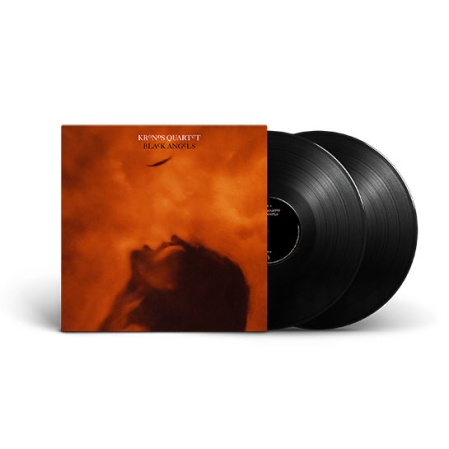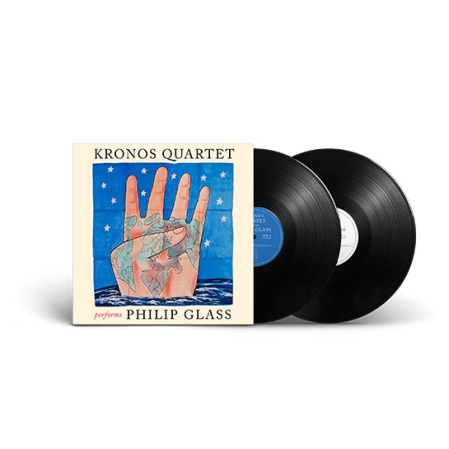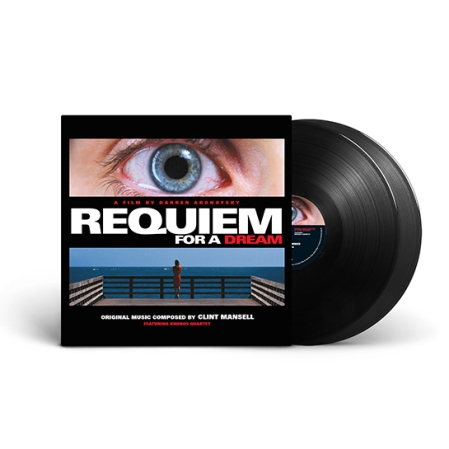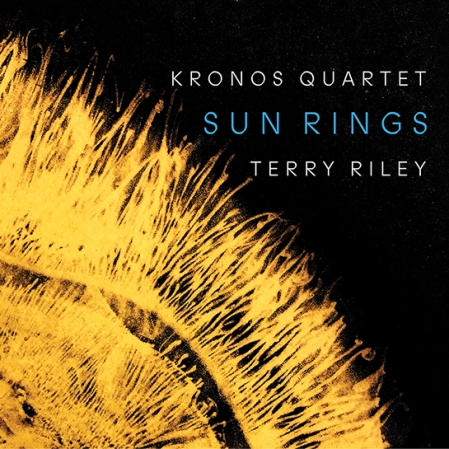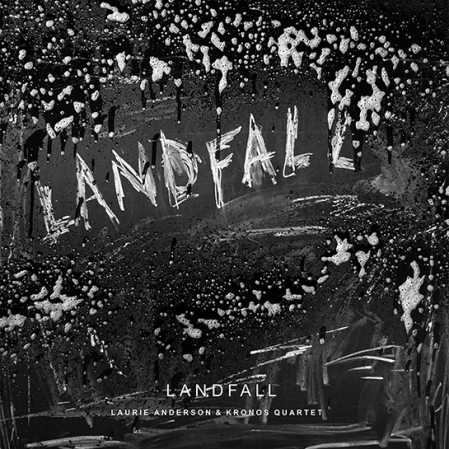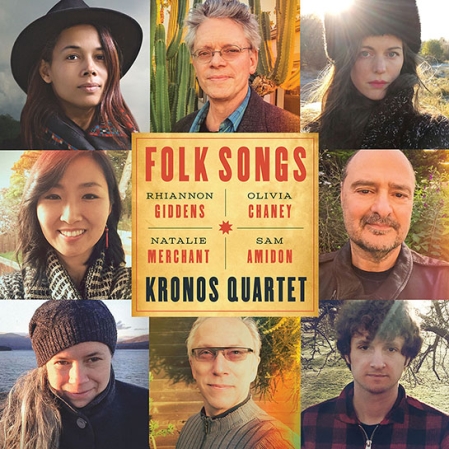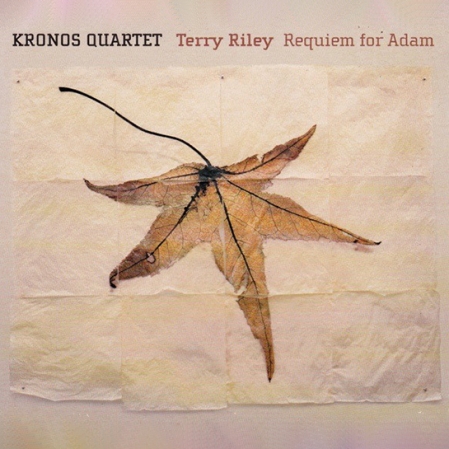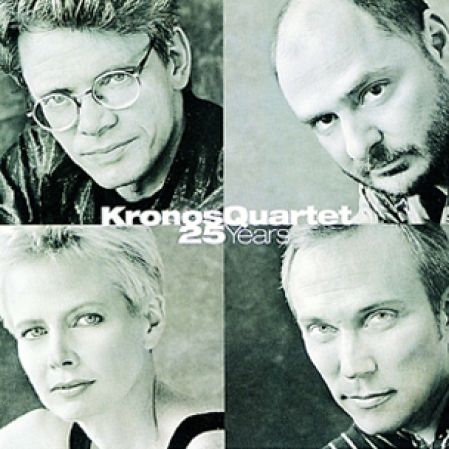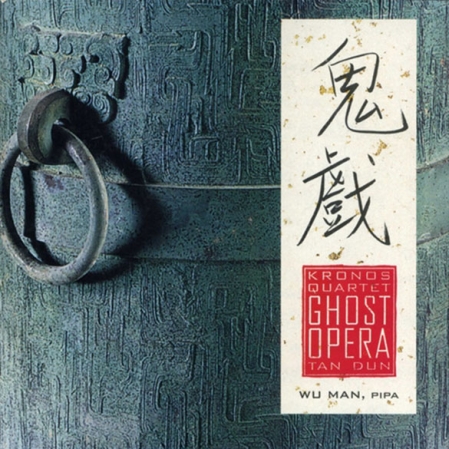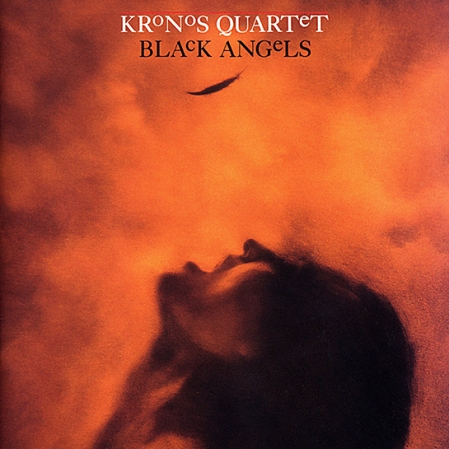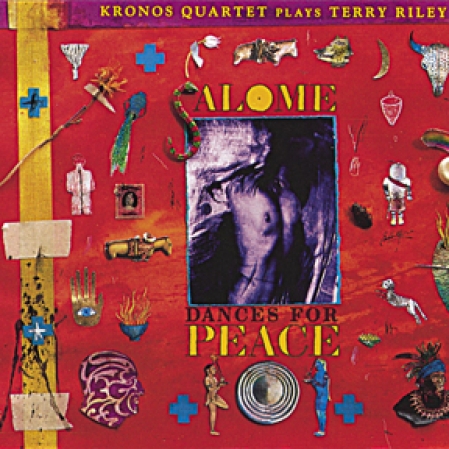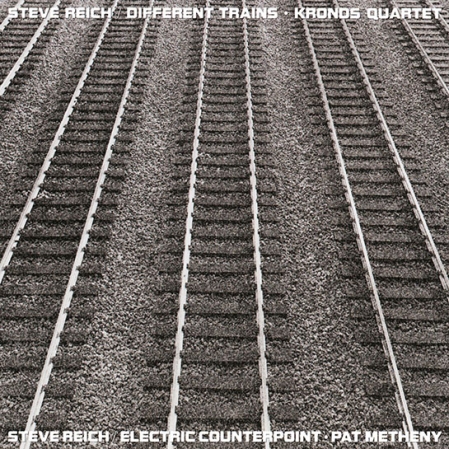Kronos plays works created between 1966 and 1989 by the former Soviet Union’s leading composer, Alfred Schnittke. The group, says the New York Times, “has delivered a performance in which every phrase is filled with profound and resonant meaning.”
The CD of this album is available to purchase at ArkivMusic.
Widely regarded as the Soviet Union’s leading composer of the late 20th century, Alfred Schnittke (1934–98) achieved a reputation that came comparatively late in life but ultimately arrived with awards, honors, retrospectives, and major festivals worldwide. Despite years of governmental suppression, he was able to produce an enormous body of work. Schnittke composed symphonies, concerted works, concerti grossi, chamber music, film and ballet scores, as well as vocal works including opera.
Within this oeuvre, his string quartet music occupies a significant place, with six works in the idiom produced between 1966 and 1989. These compositions are gathered together for the first time on a two-CD set from Nonesuch performed by one of the composer’s most vigorous advocates, Kronos Quartet.
Defiantly nonconformist, his First Quartet is a serial work, and something of an avant-garde manifesto, while the Second—written 14 years later, and in a completely different style—is an expression of love for his Russian homeland, its vast landscape and its people, with allusions to ancient chants. The Canon is an homage to one of Schnittke’s favorite composers, while the Third Quartet—a product of his hallmark polystylistc period—contains reminiscences of Beethoven, Orlando di Lasso, Shostakovich, and Wagner. The Fourth Quartet is a fresh approach to the style of the second Viennese school, one of his major influences. The “Collected Songs” is an arrangement of a portion of the composer’s Choir Concerto: a solemn and moving work that has been compared to Barber Adagio.
Born in 1934 in Engels, Schnittke completed his musical education in 1961 and joined the Union of Composers, and was appointed an instructor at the Moscow Conservatory in 1962, a post he held until 1972, after which he supported himself chiefly as a composer of film scores. In 1990, he moved to Hamburg, where he maintained dual German/Russian citizenship. Despite a series of strokes since 1985, his creative productivity remained undiminished through the early 1990s, until a more debilitating stroke in 1994 eventually forced him to stop composing. Schnittke passed away in 1998.
PRODUCTION CREDITS
Produced by Judith Sherman
Recorded August 1994-August 1996 at Skywalker Sound, Nicasio, CA
Engineer: Craig Silvey
Assistant Engineers: Chris Haynes (String Quartet No. 1, Canon), Steve Limonoff (String Quartet No. 2), John Kelpo (String Quartet No. 4)
Editing Assistance: Jeanne Velonis (String Quartets Nos. 1 and 4, Canon)
String Quartet No. 3
Produced by Judith Sherman and Kronos Quartet
Recorded November 1987 at Methuen Memorial Music Hall, Methuen, Mass.
Engineer: John Newton
Mastering of original release: Robert C. Ludwig; previously released on Winter Was Hard (79181)
Collected Songs Where Every Verse Is Filled with Grief
Produced by Judith Sherman and Kronos Quartet
Recorded and mixed May 1997 at Skywalker Sound, Nicasio, CA
Engineer and Mixer: Craig Silvey
Assistant Engineers: Bob Levy, Judy Kirschner
Mix Assistant: Bob Levy
Editing: Tom Leukens, Judith Sherman, Jeanne Velonis; previously released on Early Music (79457)
Mastered by Judith Sherman and David Harrington at SoundByte Productions, New York City
Art direction and design by Frank Olinsky
Photo of Alfred Schnittke (Berlin, May 1990) by Betty Freeman
79500
MUSICIANS
Kronos Quartet:
David Harrington, violin
John Sherba, violin
Hank Dutt, viola
Joan Jeanrenaud, cello





